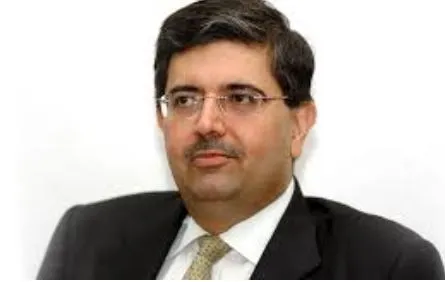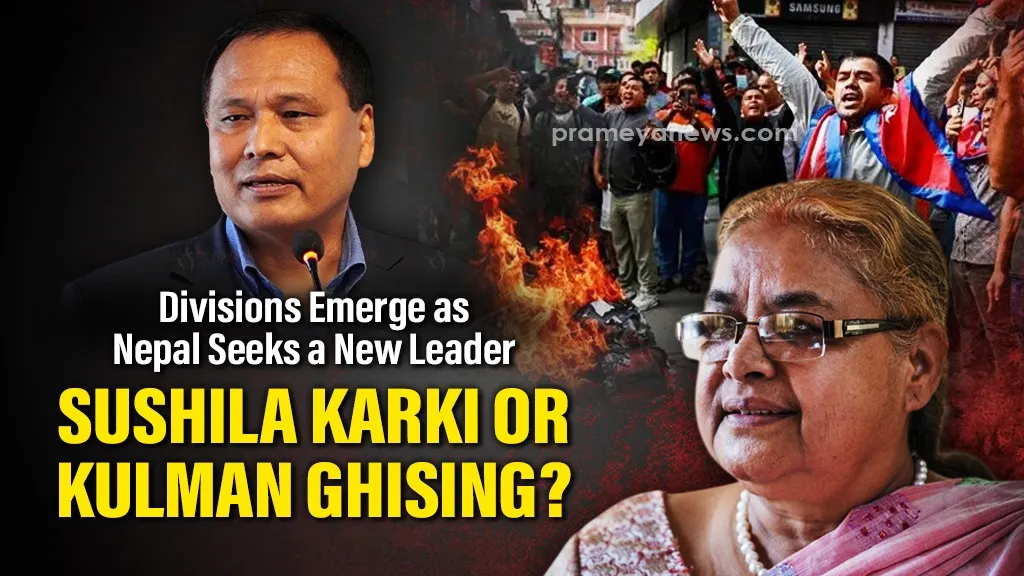

Following the dramatic collapse of the government under the force of a deadly, youth-led uprising, a tense calm has descended upon Nepal. At least 51 people are dead, and as the army attempts to restore order in a wounded capital, a new struggle for power has begun. The focus has now shifted to high-stakes negotiations to fill the political vacuum, with former Chief Justice Sushila Karki emerging as the leading contender to head an interim administration. However, her path is being complicated by divisions within the very protest movement that brought about this new political reality.
With the ouster of Prime Minister KP Sharma Oli, the immediate challenge for Nepal is to establish a credible interim government to steer the country toward a new political future. Sources indicate that Sushila Karki, the country's first female Chief Justice, is the leading candidate for the role of interim prime minister. Her potential appointment is reportedly backed by key figures, including the influential Mayor of Kathmandu, Balendra Shah, and has been a central point of discussion in marathon, late-night meetings between the Nepal Army and a delegation representing the 'Gen Z' protesters.
However, the path to her appointment is not clear. The protest movement, while successful in its primary goal, is showing signs of internal friction. A rival faction has put forward the name of Kulman Ghising, the popular former head of the Nepal Electricity Authority, for the top post. This division has stalled the formation of a new administration. All eyes are now on a second round of critical talks between the army and the youth delegation, which will need to forge a consensus not only on the leadership but also on another of the protesters' key demands: the dissolution of the current Parliament.
As a semblance of normalcy returns, the devastating human toll of the uprising is becoming clearer. Authorities have confirmed that 51 people lost their lives in the violent clashes, a figure that tragically includes an Indian woman from Ghaziabad, identified as Rajesh Gola, who died after the hotel she was staying in was set on fire by protesters. Three police personnel are also among the deceased.
The crisis has had a significant impact on foreign nationals, prompting a large-scale evacuation effort by India. Special flights have begun airlifting stranded Indian citizens from Kathmandu, while others are returning via land borders. Among those rescued were a stranded Indian volleyball team, who were brought to a safe house by the Indian Embassy after a video appeal went viral. The chaos also led to a jailbreak, with security forces at the border capturing 67 inmates who had escaped and were attempting to cross into India.
The economic fallout has been equally severe. The tourism-dependent nation has seen its hotel industry suffer a 50% drop in business at a critical time. The widespread disruption has also led to a spike in the prices of essential goods, adding to the hardships faced by ordinary citizens. The fragile peace that now holds is a testament to the army's presence, but beneath the surface, a nation is grappling with immense loss and a deeply uncertain political future.
· Death Toll Rises: The death toll from Nepal's 'Gen Z' protests has reached 51, a figure that includes one Indian woman and three police personnel.
· Sushila Karki as Likely Interim PM: Former Chief Justice Sushila Karki has emerged as the frontrunner to lead an interim government, but her appointment is being held up by divisions within the protest movement.
· Political Vacuum: Critical talks are ongoing between the Nepal Army and a youth delegation to form a new government and decide on the dissolution of Parliament.
· Evacuations and Economic Fallout: India has begun evacuating its stranded citizens, while the unrest has crippled Nepal's tourism-dependent economy.